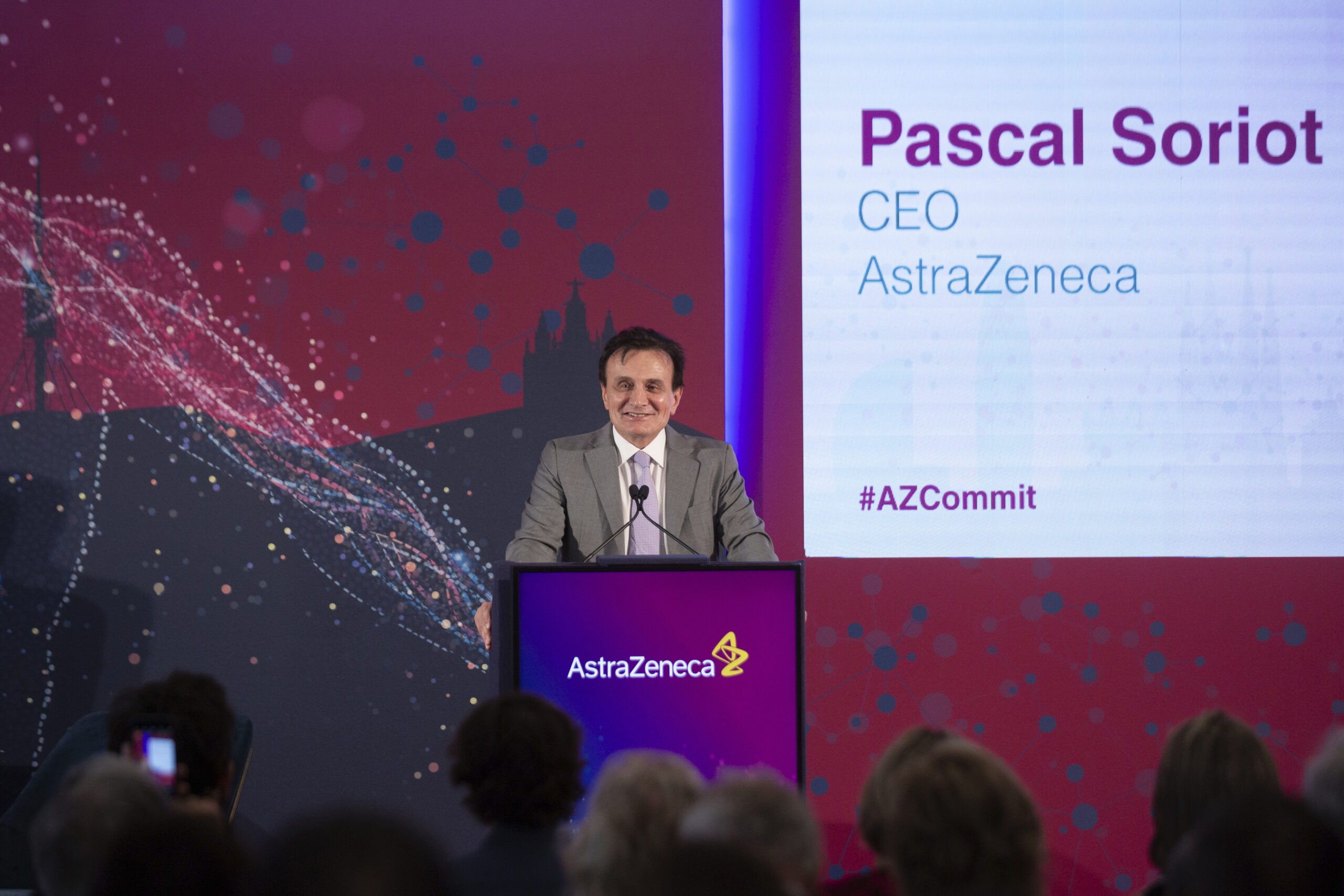
Pascal Soriot, AstraZeneca CEO (David Zorrakino/Europa Press via AP)
AstraZeneca CEO Pascal Soriot aims for 15 new drug launches by 2030
AstraZeneca CEO Pascal Soriot on Thursday unveiled ambitious plans to launch 15 new drugs by 2030 — and he’s wasting no time, with 30 Phase III …
Sign up to read this article for free.
Get free access to a limited number of articles, plus choose newsletters to get straight to your inbox.